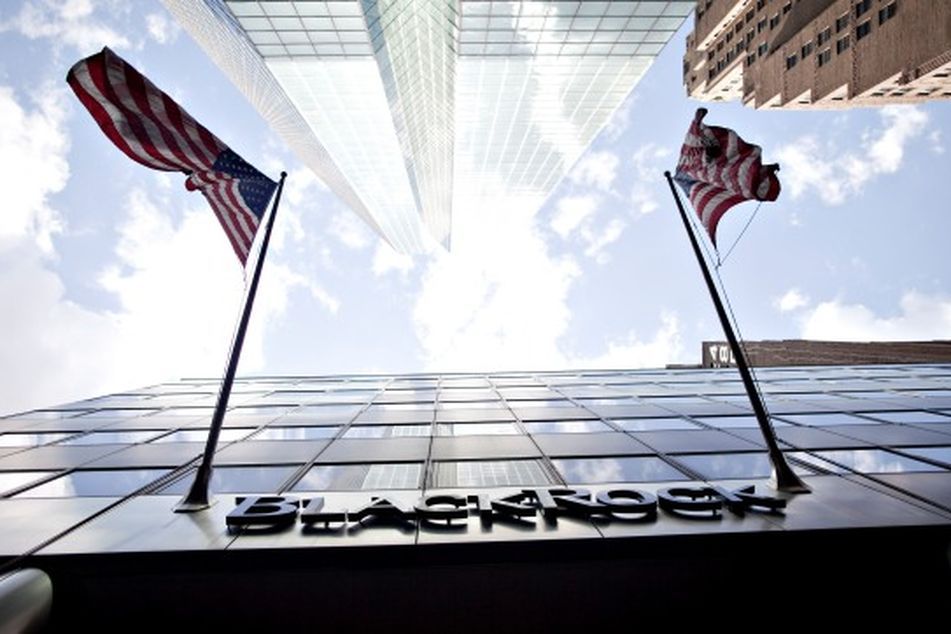BlackRock’s break from BofA a big boost for its retail fund biz

Asset manager's repurchasing of remaining stake held by bank opens door to other third-party wirehouse platforms; 'no longer owned by a competitor'
Bank of America Corp.’s decision to sell its remaining stake in BlackRock Inc. should make it easier for the asset manager to reach its goal of doubling its retail mutual fund business in the next three years, analysts said.
Today, BlackRock announced that it is repurchasing its remaining 7% stake from BofA for $2.5 billion. The bank will sell 13.6 million shares to BlackRock for $187.65 apiece, 3.6% less than the average closing price for the preceding 15 days.
BlackRock has been increasing its focus on gaining retail distribution of its mutual funds.
The company purchased Merrill Lynch Investment Managers in 2006 in exchange for a 49% share in the firm. When BofA bought Merrill Lynch & Co. Inc. in 2009, it inherited that stake.
Since then, however, BofA has been winding down its ownership of BlackRock. The gradual sell-off raised speculation that the bank would eventually unload its remaining stake in the asset manager. Now that BofA has finally done so, it means that BlackRock will have an easier time selling its funds on third-party wirehouse platforms, analysts said.
“They are no longer owned by a competitor, and that’s going to make it a lot easier to go to the other platforms and sell their funds,” said Gregory Warren, a Morningstar Inc. analyst.
Even though BlackRock is a different name, the firm still carried that association with Merrill Lynch, which has been hard to digest for some competing broker-dealers, said Alois Pirker [<<<<
“Even with a different brand, biases take awhile to go away,” he said. “If you have a fund that is from a firm that is a competitor, there is going to be a bias.”
BlackRock’s mutual fund market penetration at broker-dealers other than Bank of America Merrill Lynch has jumped to 5%, from less than 1% in 2006. Since the market low of 2008-09, the firm has seen its retail actively managed fund business rise to $200 billion, from $185 billion.
In a March interview with InvestmentNews, Frank Porcelli, director of U.S. retail business at BlackRock, said that the firm hopes to double the size of its retail mutual fund business by 2014.
Being independent should help with that goal, said Rich DeSalvo, an independent consultant who used to be the director of mutual funds at the broker-dealer arm of Morgan Stanley before it became Morgan Stanley Smith Barney LLC.
“Now they are going to have much more flexibility and freedom with how they approach the business,” he said.
PNC Financial Services Group Inc. still owns a 22% stake in BlackRock.
BlackRock is committed to its distribution relationship with Bank of America Merrill Lynch and its other distribution partners, said spokesman Brian Beades.
But BlackRock will have to work even harder to keep its distribution relationship with BofA intact.
Although the sales agreement between the two doesn’t expire until 2018, it is always a challenge for a fund to stay on wirehouse platforms, Mr. Warren said.
Just this week, Bloomberg reported that BofA had removed two of Janus Capital Group Inc.’s biggest funds — the $9.24 billion Janus Twenty Fund and $6.29 billion Janus Forty Fund — from its model portfolio.
“As we saw with Janus this week, getting on the platforms may be hard, but so is staying on them,” Mr. Warren said.
BlackRock is funding the repurchasing with available cash and $2 billion raised from commercial paper and medium- and long-term debt, according to the firm. It expects to complete the repurchasing of its shares by June.
Learn more about reprints and licensing for this article.




